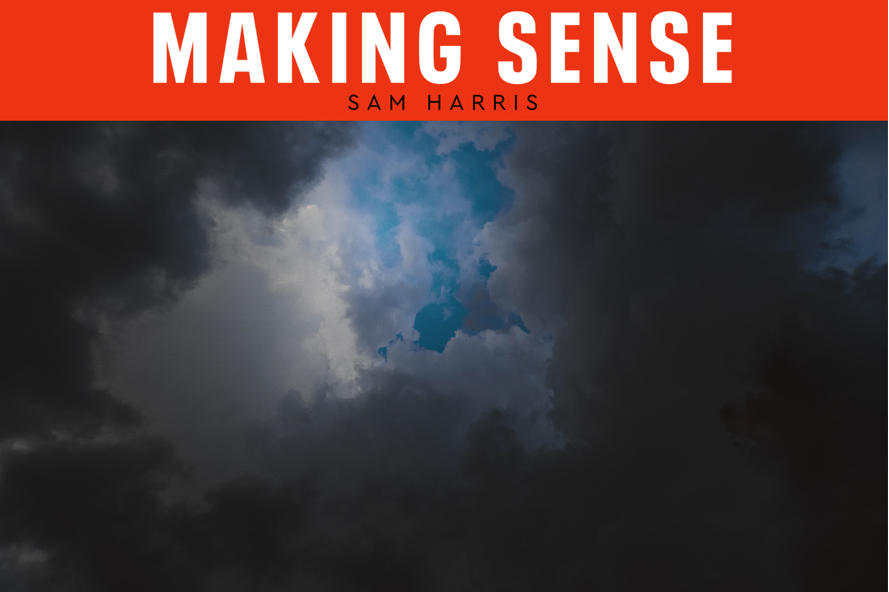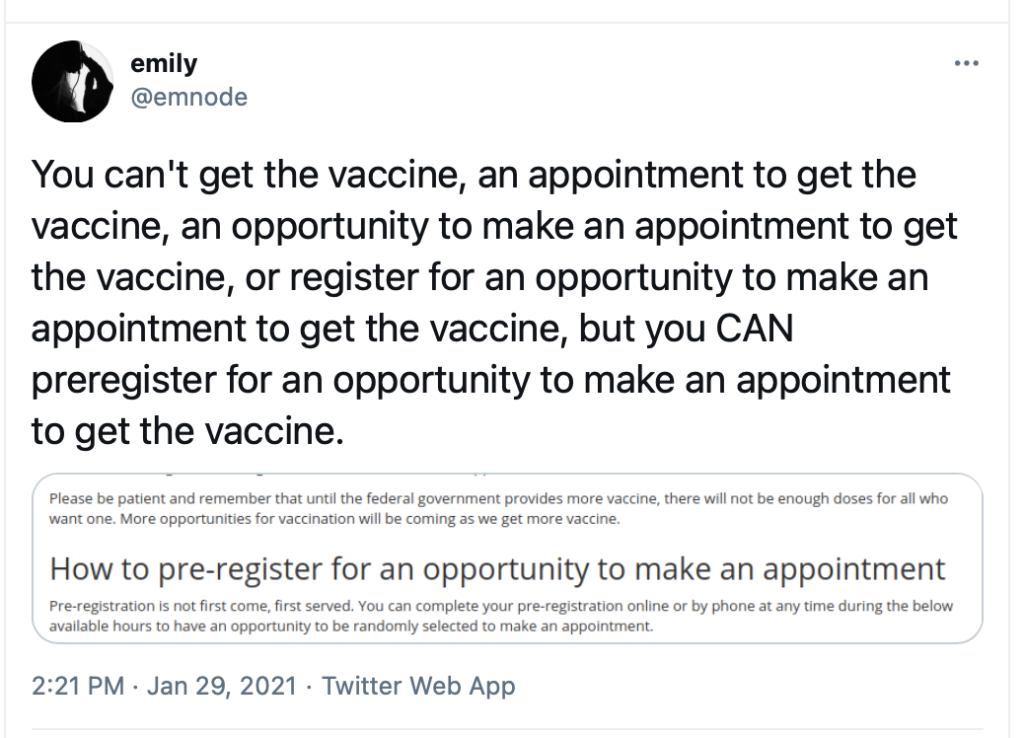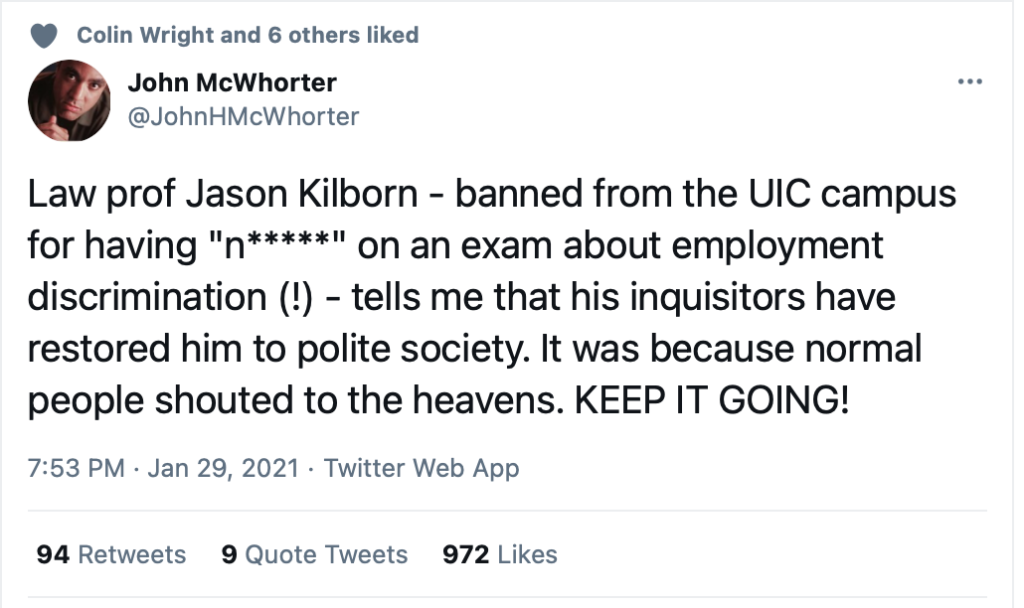The Illusion that Our Limited Personal Space is “The World”
From "Ideas that Changed my Life,"by Morgan House:
Your personal experiences make up maybe 0.00000001% of what’s happened in the world but maybe 80% of how you think the world works. People believe what they’ve seen happen exponentially more than what they read about has happened to other people, if they read about other people at all. We’re all biased to our own personal history. Everyone. If you’ve lived through hyperinflation, or a 50% bear market, or were born to rich parents, or have been discriminated against, you both understand something that people who haven’t experienced those things never will, but you’ll also likely overestimate the prevalence of those things happening again, or happening to other people.
It takes conscious effort to know what is happening outside of ourselves because we only have our own eyes to see and our own ears to hear. Further, we are the heroes of our own story and we are always working overtime for our own PR department, whether on Facebook or otherwise.
Human intelligence is incredibly useful but it doesn’t safeguard you against having false beliefs, because that’s not what intelligence is for. Intelligence is associated with coming up with more convincing bullshit and with being a better liar, but not associated with a better ability to recognizeone’s own bias. Unfortunately, intelligence has very little influence on your ability to rationally evaluate your own beliefs, or undermine what’s called “myside bias.”
Daniel Kahneman offers additional insight about why our personal world seems to be "the" world. He calls it "What you see is all there is." It's like those automobile side mirrors that make it seem that objects in our mirror are closer than they are. Our own perceptions repeatedly fill our limited ability to attend to "the world." Our personal perceptual stream thus becomes "the world." I've described this as an "illusion of fullness," a cognitive illusion for those fail to engage in perceptual and intellectual humility.
Which brings us back to the opening quote by Morgan House. It takes conscious effort to overcome WYSIATI and, when we fail to do put forth this conscious, we inevitably overgeneralize in our ignorant overconfidence.




